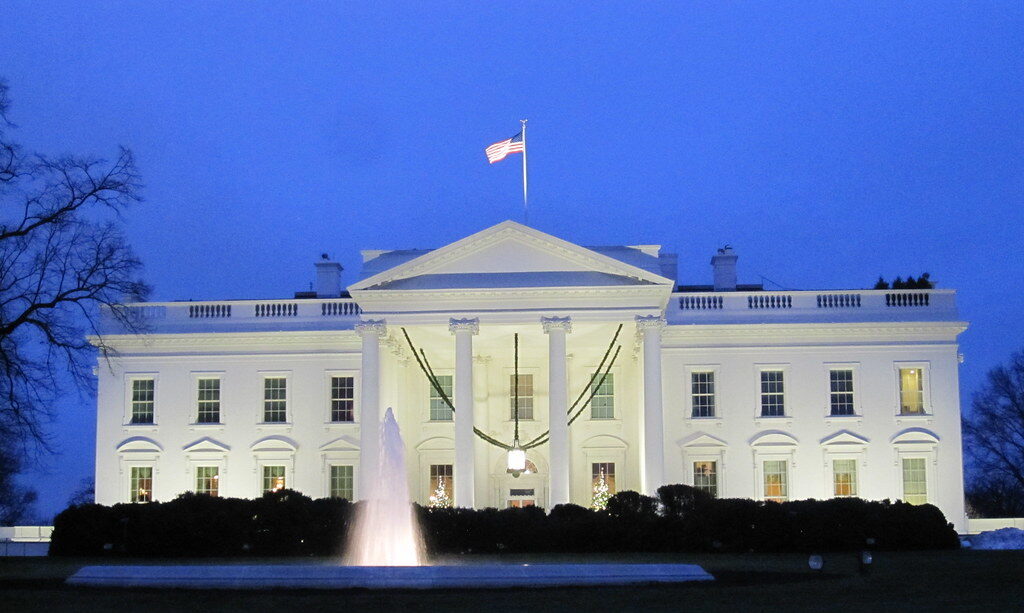Key takeaways
- Reporters allege Tom Homan took a 50,000 bribe before the change in administrations.
- The White House first denied he accepted the cash, then reversed its statement.
- Undercover agents in Texas posed as business executives to expose possible corruption.
- Journalists demand the release of case files and recordings to prove the truth.
- The shifting story has fueled calls for more transparency in government.
Tom Homan Faces New Bribe Allegations
A recent report says Tom Homan accepted fifty thousand dollars in cash. He held the top enforcement role in border removals under the prior administration. According to the investigation, undercover agents posed as businessmen to offer the bribe. They hoped to sway contract awards in their favor. This undercover sting took place in Texas, where Homan met the agents in person. The report first appeared over the weekend and drew swift reactions in Washington.
The story noted that Homan’s official title is executive associate director for Enforcement and Removal Operations. His nickname “border czar” reflected his high-profile role. In turn, that role made these allegations especially serious. After the report surfaced, the White House issued a public statement defending Homan. They called the probe political and said it found no illegal activity. Yet within days, that position shifted dramatically.
Tom Homan and the Cash Exchange
In Texas, special agents set up a sting to test for corruption. They pretended to be executives seeking lucrative government contracts. During several meetings, they handed Tom Homan fifty thousand dollars in hard cash. According to an internal government document, Homan also hinted he could influence contract approvals. This memorandum, reviewed by reporters, notes precise dates and locations of the handoffs.
Furthermore, audio recordings of those meetings allegedly exist. Agents captured Homan discussing terms and next steps after the cash exchange. Those recordings could settle disputes about what really happened. So far, neither recordings nor detailed case files have become public. This secrecy has left many questions unanswered about the full scope of the operation.
White House Rewrites Its Response
At first, the White House flatly denied that Tom Homan took any bribe. Deputy press secretary Abigail Jackson slammed the investigation as politically motivated. She said it lacked evidence and distracted from real criminal cases. She also accused the Department of Justice of targeting the previous administration’s allies. In that first statement, the White House did not mention cash denial.
However, by Monday, the story changed. The White House spokesman said Homan never accepted the fifty thousand dollars. That denial surprised reporters and experts who had seen evidence. It also raised doubts about internal communications at the White House. Many now wonder who approved the reversal and why it happened without proof. For the public, that shift undercuts confidence in official statements.
Calls Grow for Full Transparency
Following the reversal, media leaders demanded more openness. Ken Dilanian urged the White House to release all case files and FBI recordings. He said only those documents could resolve the dispute. Carol Leonnig backed the call, noting the public’s right to know. Reporters compared this push to efforts demanding Epstein case files. They argued both situations need full disclosure.
Moreover, civic groups have joined the demand. They filed letters asking for declassification of all evidence. Opponents of Homan’s party insist that showing the files would clear things up. Yet his supporters warn against rushing to judgment without context. Meanwhile, legal experts debate whether releasing the files could compromise investigations. Despite that, the pressure for transparency only grows stronger.
What This Means for Border Politics
These allegations against Tom Homan could ripple through border policy debates. The public may question the integrity of future contract bids. In addition, lawmakers could slow down planned reforms over ethics concerns. Opponents in Congress have already called for stricter oversight of border agencies. They worry that unchecked power can lead to more bribery attempts. At the same time, some immigration advocates fear slowing reforms could harm victims of trafficking.
However, supporters of Homan worry that political bias drives these claims. They argue that an ongoing probe, not media pressure, should decide Homan’s fate. Meanwhile, the Biden administration must balance transparency with legal fairness. If officials move too slowly, they risk further eroding public trust. On the other hand, any sudden disclosures could affect active investigations.
Looking Ahead for Accountability
To settle the matter, many say the White House should publish every relevant document. That includes meeting notes, audio recordings, and internal emails. If released, those files could confirm or deny the bribe claims. In the meantime, the Justice Department may issue its own statement. It could clarify whether special agents followed proper procedures.
At the same time, watchdog groups plan to monitor the case closely. They vow to file freedom of information requests if needed. For Tom Homan, the fight over his reputation is far from over. Whatever the outcome, this saga highlights the need for clear ethics rules. It also stresses how shifting stories can damage trust in government.
FAQs
What are the main allegations against Tom Homan?
Reporters say Tom Homan accepted fifty thousand dollars in cash from undercover agents in Texas. Those agents pretended to be businessmen seeking government contracts.
Why did the White House change its statement about Tom Homan?
Initially, officials denied he took the money. Days later, they claimed he never accepted the cash. They have not yet offered detailed proof of that reversal.
What evidence could resolve these bribe claims?
Journalists want internal case files, audio recordings of meetings, and FBI documents. They believe those materials would confirm what really happened.
How might these allegations affect border policy?
The bribery claims could erode trust in contract processes and slow border reforms. Lawmakers may push for tighter oversight and stricter ethics rules.
